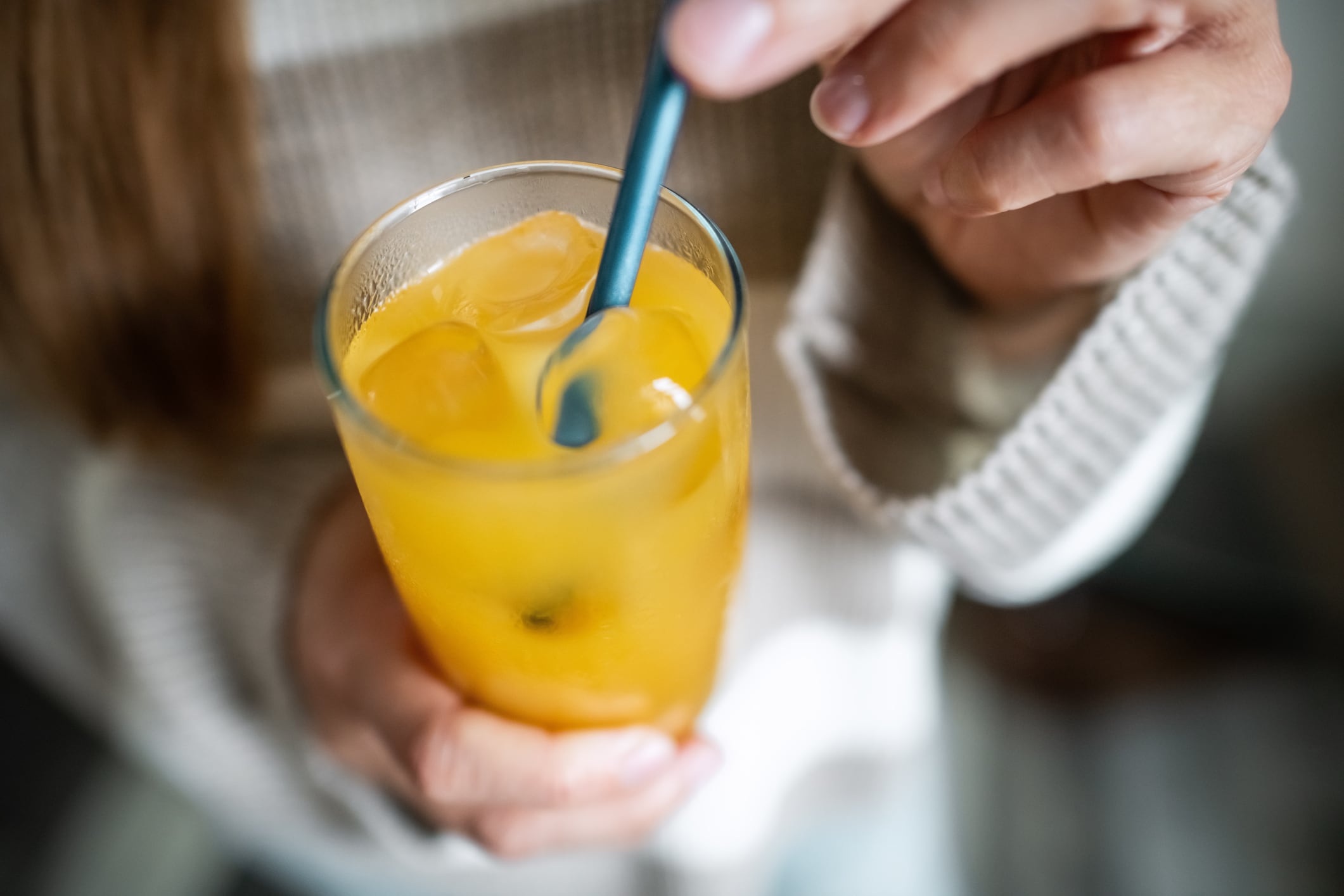Yuka is calling time on sweetener aspartame (E951), or at least it’s urging the European Food Safety Authority (EFSA) to do so with an 11-country petition demanding its ban.
The organisation is confident it can quickly get what it wants and has launched the petition with FoodWatch and the French League Against Cancer. Though industry has hit back at negative claims, calling them “misleading”.
There are many studies and scientific organisations linking aspartame with cancer, type 2 diabetes and cardiovascular diseases, including the World Health Organisation (WHO), argues Yuka co-founder Julie Chapon.
The International Agency for Research on Cancer 18 months ago classified aspartame as “possibly carcinogenic to humans”, she says.
Though the WHO made clear it was safe to consume within daily intake guidelines.
How many Yuka app users?
Among Yuka’s 45m users, 95% claim they have stopped buying and consuming products containing aspartame, says Chapon.
“We want to empower the users to act and drive change to ban this high risk additive,” she says. “The guidelines on safe consumption levels are from the previous EFSA assessment in 2013 and within that 10 years there have been more studies linking aspartame to cancer and other diseases.”
EFSA should swiftly revaluate the sweetener to reflect the “overwhelming evidence” highlighting aspartame’s dangers, she argues.
The industry could stop using aspartame right away, though Chapon claims its cheap cost and neutral taste means manufacturers of sodas and confectionery will continue to use it until it is banned.
Though it’s not only aspartame Yuka and Chapon want to see banned, they’d advocate chemical sweeteners to be banished altogether, claiming they all cause a series of health issues, including gut and bowel problems.
Chapon and Yuka’s two founding brothers François Martin and Benoit Martin are confident they’ll achieve the change they want, “not immediately, but within six or 12 months”, she says.
“In 2019, we launched the first huge petition about nitrites and it gained more than 500,000 signatures in France, which is huge. It had a huge impact on manufacturers and they started to reformulate away from nitrites,” she adds.
How many consumers use aspartame?
Some 40% of consumers eat or drink products containing aspartame, YouGov research claims. Data from the National Institute of Health and Medical Research also claims consuming as little as half a can of aspartame-containing soda per day could increase cancer risks.
However, the International Sweeteners Association (ISA), the sector’s representative, argued the campaign placed consumers at risk of being confused and misled.
The sweetener has been the subject of an overwhelming number of scientific studies, thoroughly researched and approved for global use, it argued.
“In fact, food safety authorities including the Joint Expert Committee on Food Additives (JEFCA) of the WHO and EFSA have reviewed aspartame and found that its use is safe,” an ISA spokesperson said.
The organisation cited EFSA’s 2013 reconfirmation of aspartame’s safety as proof.
It said in 2023 JEFCA along with other bodies had found no concern for human health for consumers eating and drinking aspartame-containing products.
However, on its first morning, the petition gained significant consumer support.
DASH Water co-founder Jack Scott, said: “In a media landscape often filled with negativity, Yuka’s petition to ban aspartame across Europe offers a refreshing spark of hope.
“With 40,000 signatures in just its first morning, it’s clear that consumers are waking up to the risks of artificial sweeteners – something smaller, disruptive brands like DASH have been calling out for years, only to be drowned out by the dominance of big soft drinks companies."


